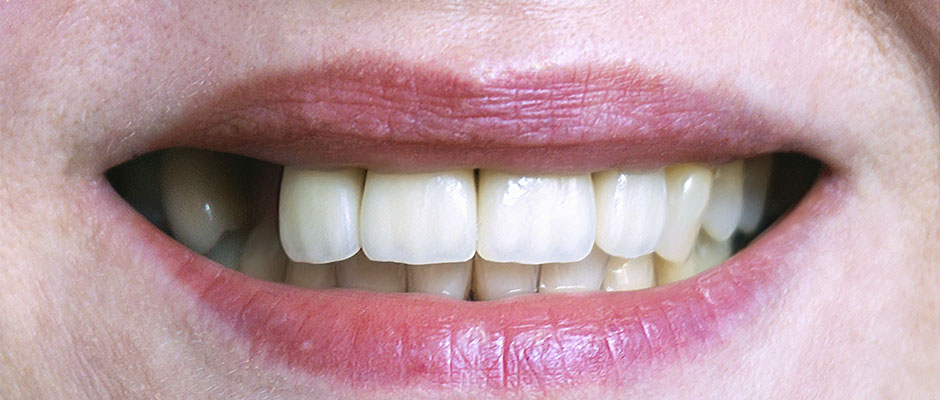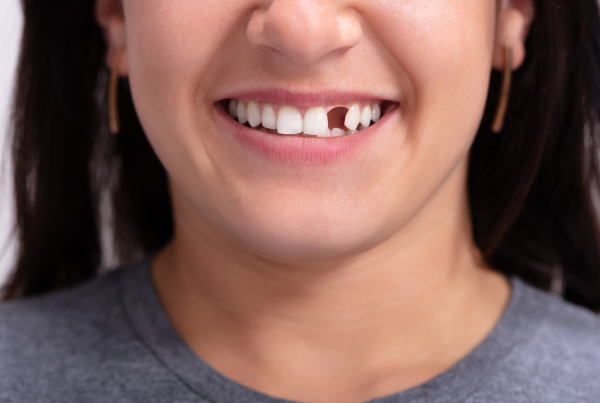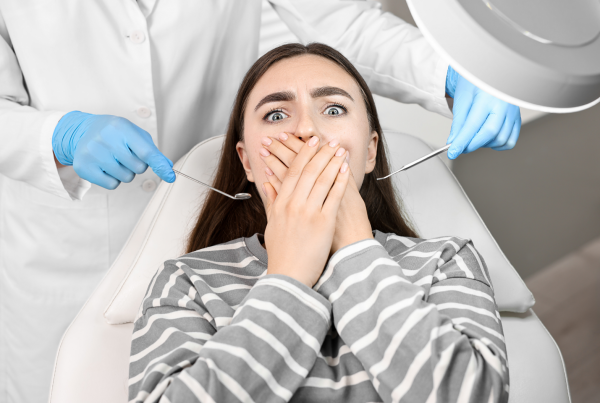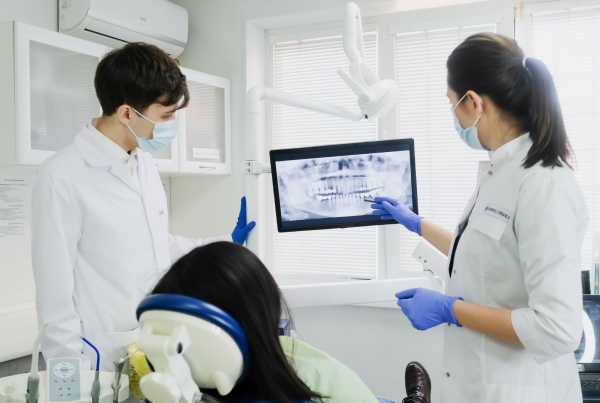Despite improvements in oral care, tooth decay is still incredibly common. Most people will have at least one or two fillings, but it is possible to reduce your risk of cavities.
What Causes Tooth Decay?
Cavities are created when the outer layer of your tooth, called the enamel is destroyed. Tooth enamel is the hardest substance in the human body, but it can be weakened and eroded by acids in the mouth. Every day, a sticky layer of plaque gradually builds up over your tooth surfaces and plaque contains bacteria which produce harmful acids.
When your teeth are exposed to acid, some of the minerals are removed, including phosphorus and calcium in a process called demineralization. The bacteria responsible for tooth decay will digest leftover food particles whenever you eat something rich in carbohydrates, for example, bread, cereals, chips, cakes and pastries or candy. As they digest these foods, the bacteria create acid, and your mouth remains more acidic for at least half an hour after eating. If you eat a lot of naturally acidic foods, then the effect is worsened. After a while the pH levels in your mouth will gradually normalize, allowing another process called remineralization to occur and where some of the minerals removed from your tooth enamel are redeposited, helping to re-harden your tooth enamel. Repeated exposure to acids will eventually weaken your tooth enamel to such an extent that cavities begin to develop.
How Diet Can Affect Your Risk of Tooth Decay
Your choice of foods and when you eat them can affect your risk of developing cavities. Many people like to snack in between meals or find it preferable to eat several smaller meals. The more frequently you snack on sugary or starchy foods, the more often your teeth are exposed to acids. Snacking on very acidic foods and beverages also increase your risk. Instead, try to include these foods as part of a main meal. If you do want a snack, opt for foods that are less likely to damage your teeth, and which include hard cheese, sugar-free yogurts, and hummus.
Crunchy fruits and veggies contain lots of fibre which has a slight scrubbing action on teeth, and they have a high water content. Chewing them helps to stimulate saliva flow which helps to reduce acidity in your mouth, and it washes away some excess food and bacteria.
Daily Dental Care
Twice daily brushing and once-a-day flossing will remove most of the plaque that builds up over your teeth, getting rid of those decay-causing bacteria. It is best to floss just before bedtime because your mouth will be cleaner overnight when you produce less saliva, as the drier conditions allow bacteria to thrive. If you want to brush your teeth after eating, wait half an hour because that will enable remineralization to occur. Otherwise, you will brush your tooth enamel when it is a bit softer and more easily eroded.
Regular Dental Visits Help Too!
Whenever you visit Tsawwassen Place Dental, Dr. Sarah Harland or Dr. Tom Greene will carefully examine your mouth. During your visit, they can detect any early signs of tooth decay by visually examining your teeth and by using a special device called DIAGNOdent which is a small pen specifically designed to detect tiny lesions in your teeth. Digital dental x-rays are sometimes taken to show areas hidden from view, but we only take x-rays when needed. Our dentists can also assess your risk of developing cavities and if required will talk to you about how to reduce your risk, offering personalized advice.
A hygiene appointment is essential because it removes hardened plaque (tartar) from your teeth, leaving them beautifully smooth and clean. Use our convenient online form to request your appointment.





